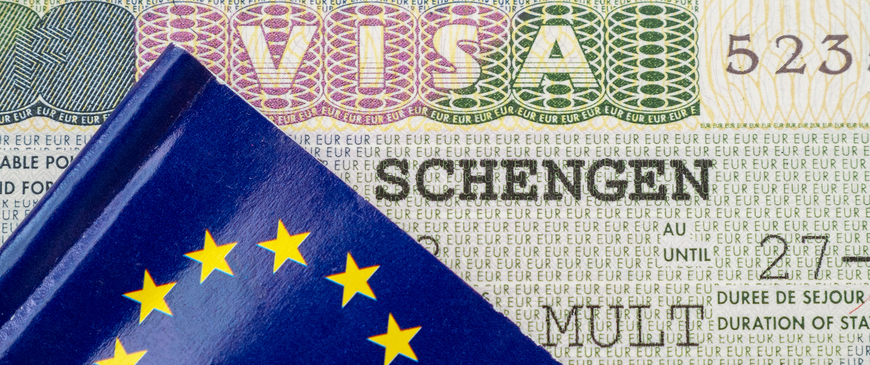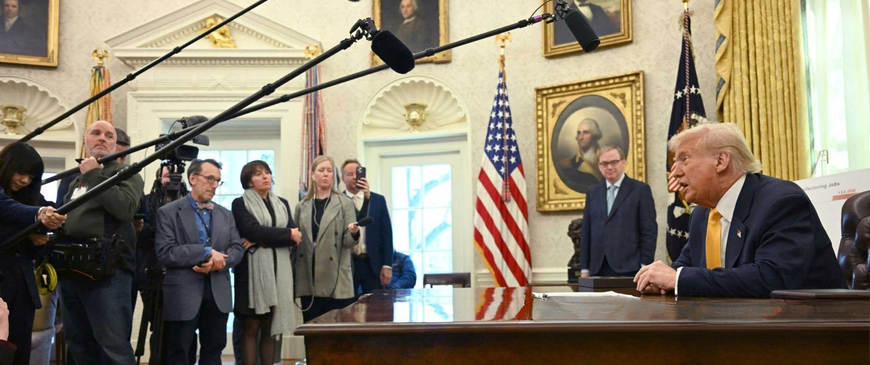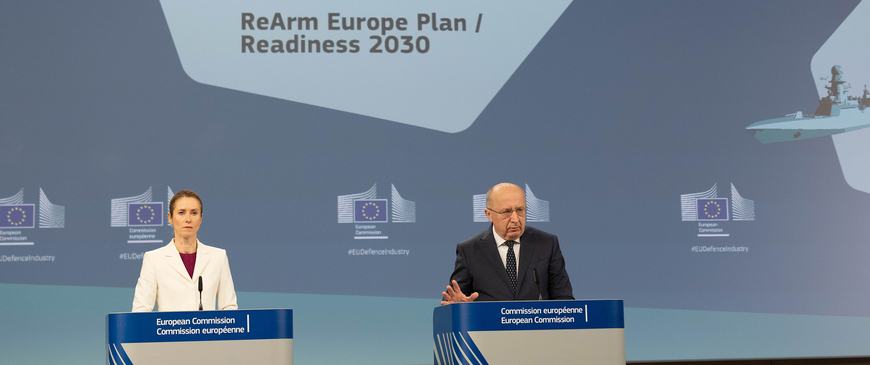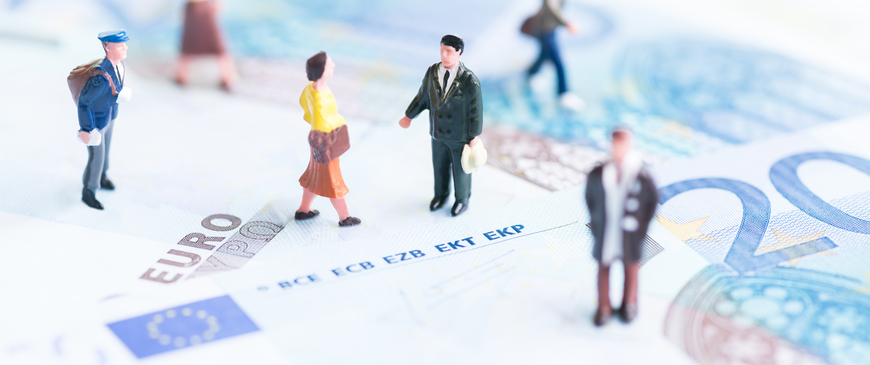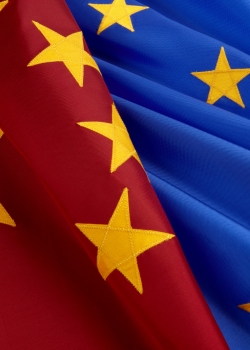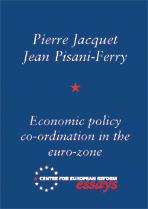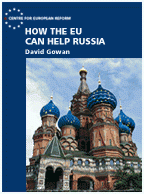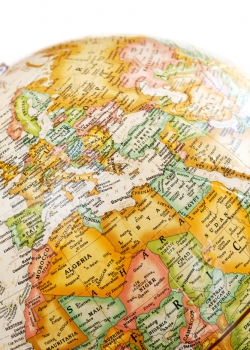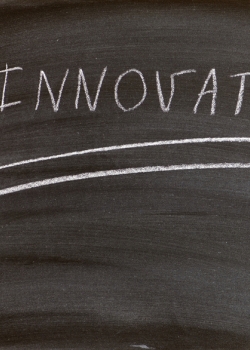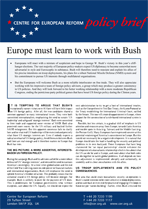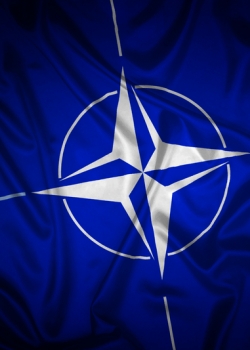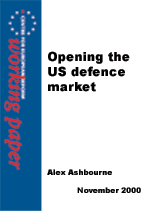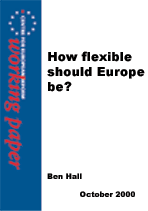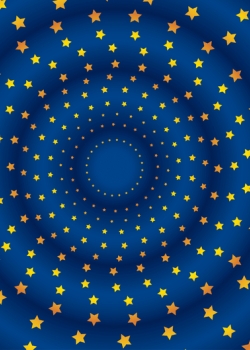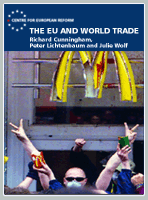Research
Making Lisbon work in Stockholm
01 February 2001
Even by the standards of the EU's often optimistic policy aspirations, the decade-long economic reform process initiated at the Lisbon summit last March represents an ambitious programme.
The distinctive feature of the Lisbon conclusions is not the pledge of EU leaders to create "the most competitive and dynamic knowledge...
The distinctive feature of the Lisbon conclusions is not the pledge of EU leaders to create "the most competitive and dynamic knowledge...
Issue 16 - 2001
26 January 2001
- Turning East: Europe Courts Asia, Edward Bannerman
- Opening Europe's final frontier, Carl Bildt
- Making Lisbon work in Stockholm, Alasdair Murray
Economic policy co-ordination in the eurozone: What has been achieved? What should be done?
05 January 2001
Now that the euro has stabilised, Greece has joined EMU and the EU has committed itself to enlargement, the time is right to consider these critical issues of economic governance.
How the EU can help Russia
05 January 2001
Russia's President Vladimir Putin is starting to take the EU seriously, as an entity in its own right. But many Russians feel ambiguous about the EU's development, particularly its enlargement into Eastern Europe.
Set a date for enlargement now
01 December 2000
The EU has an accession process, but still needs an enlargement strategy. The European Commission deserves credit for keeping the accession negotiations going, but we are reaching the limits of what the EU institutions can achieve.
The unholiest of alliances
01 December 2000
Yes, there really are some people who believe in a federal super-state. They want the EU to evolve into something like the USA, with a strong central government responsible to the European Parliament.
The "open method of co-ordination": Innovation or talking shop?
01 December 2000
At the 'dot.com' Summit AT Lisbon in March 2000, the EU set itself the strategic goal of creating full employment in a competitive and inclusive knowledge-based economy.
Europe must learn to work with Bush
01 December 2000
Europeans will react with a mixture of scepticism and hope to George W. Bush’s victory in this year’s cliffhanger elections. The vast majority of European policy-makers expect US diplomacy to become somewhat more adversarial in style and Eurosceptic in substance.
Issue 21 - 2001
24 November 2000
- NATO's big bang , Andrew Cottey
- Time to abolish the EU's rotating presidency, Steven Everts
- The euro comes of age, Alasdair Murray
Opening the US defence market
03 November 2000
Many European defence companies aspire to gain access to the US defence market. America has the largest defence budget in the world – some $280 billion, or 3.3 per cent of GDP in 2000 – and is the source of much of the world's most advanced defence technology.
How flexible should Europe be?
06 October 2000
A European Union (EU) of 26 or more member-states will certainly be far more diverse – in economic, social, cultural and political terms – than the current one. Few people would argue that a monolithic, homogenous Union is what Europe needs.
European defence: The next steps
02 October 2000
Last year, the Kosovo air war highlighted the impotence of Europe's armed forces.The Americans provided more than three-quarters of the bombs dropped, and most of the advanced communications equipment.
Europe needs an avant-garde, but...
02 October 2000
I have always found talk about a European constitution unhelpful, for it is such an ambiguous term. My preferred formula is that Europe should be a "federation of nation states". What ties states together is a treaty.
A new institutional vision
02 October 2000
As the EU prepares to become a club of 30-plus countries, the immense task of reforming its institutions - so that they can work effectivelyand gain some democratic credibility - will be unending.
Issue 14 - 2000
29 September 2000
- European defence: The next steps, Charles Grant, Christoph Bertram, François Heisbourg
- Europe needs an avant-garde, but..., Jacques Delors
- A new institutional vision, Charles Grant
The EU and world trade
08 September 2000
The paradox of trade policy is that, at a time when political leaders in most parts of the world have accepted the intellectual case for trade liberalisation more thoroughly than ever before, public opposition to free trade is on the rise.
Doing less to do more: A new focus for the EU
01 September 2000
There is a commonly held misconception that the design of constitutions and governments is shaped by logic. It is often forgotten that accident, coincidence and personalities play as great a role in the formation of our political landscape as do the underlying forces of reason or common sense.
Reforming the euro club
01 August 2000
And so farewell the euro-11. In future, the adhoc group of eurozone finance ministers will be known as the Euro Group, its powers beefed up along the lines dictated by the French government.
The EU and world trade
01 August 2000
The collapse of the Seattle meeting of the World Trade Organisation in December 1999 was a blow to the EU, which had first proposed the idea of a "millennium round" of trade liberalisation.
Europe's new political flexibility
01 August 2000
First Joschka Fischer and then Jacques Chirac have sought to frame the terms of the debate on the future of the EU. Mr Fischer's "centre of gravity" and Mr Chirac's "pioneer group" are the subject of earnest discussion in think-tanks, foreign ministries and newspaper columns.


